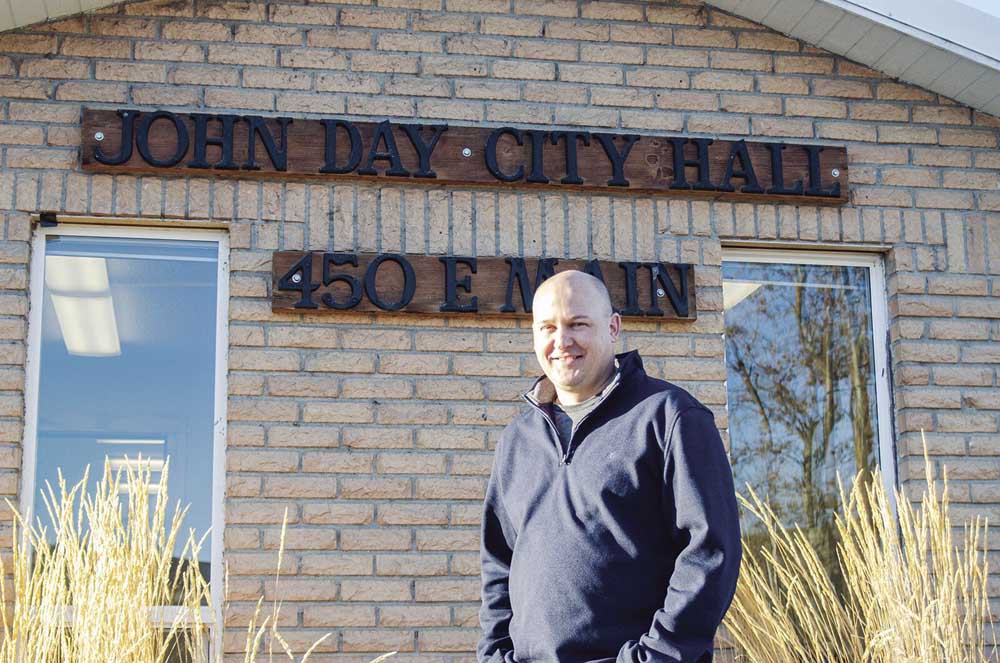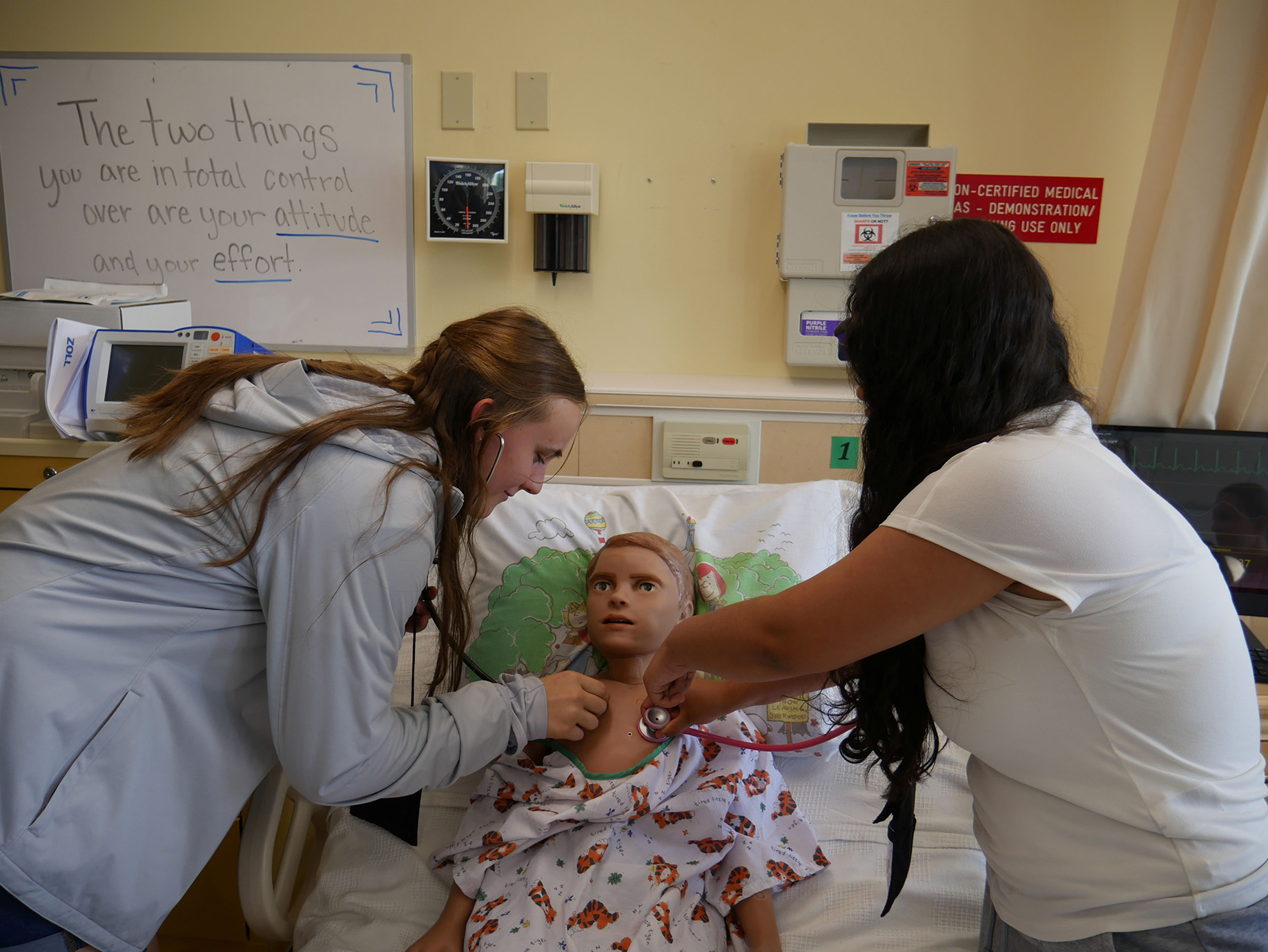Housing authority receives anti-drug grant
Published 5:00 pm Tuesday, August 13, 2002
LA GRANDE – The Northeast Oregon Housing Authority has been notified it is again the recipient of a $15,000 grant from the Department of Housing and Urban Development. Executive director of NEOHA, Maggie LaMont, said the grant, a drug elimination grant, will provide technical support for a community-wide process to develop supports and services for children and families dealing with drug and alcohol issues. Lori Kenney, an independent contractor who has worked with Grant County community members previously, will help coordinate these efforts.
This is the second drug elimination grant awarded to Grant County. The first grant, awarded in 2000, provided a forum for housing residents and community members to identify issues of concern regarding Grant County Housing residents. As a result of the first grant, transportation services were developed for residents and a new position of Family Advocate was created to serve housing residents by providing support and easier access to programs and services. The first grant and additional work funded by the Grant County Center for Human Development identified additional needs for supports and services around drug and alcohol issues. Wide-spread community concerns surfaced that while drug and alcohol issues were perhaps more focused at the HUD housing, drug and alcohol issues are a community-wide issue that calls for community-wide attention. Addressing issues for residents will only be effective if the surrounding community culture, attitudes and practices around drugs and alcohol are also addressed in the process.
Working with Maggie LaMont and NEOHA staff members Kris Still, occupancy manager, and Mike Westmoreland, maintenance staff, Kenney will conduct interviews with housing residents to better understand their needs for support and assistance around drug and alcohol issues. Residents will be asked to talk about gaps in supports and services and to identify the kinds of support they would like, such as family support groups, parenting classes, 12-step meetings and any other drug and alcohol related services and supports. This process will be asking families to be involved and to give their input and ideas about what will work best to support children and families. Kenney also will conduct interviews with key community members involved in the initial grant process to understand current needs and issues.
Community partners to be involved in the process will include the schools, law enforcement, and myriad state, county and regional social service agencies and providers. Dana Brooks, Grant County Commission on Children and Families director, and Kerryann Woomer, Alcohol and Drug Prevention coordinator with the Grant County Center for Human Development, will assist in guiding and coordinating this work.
LaMont anticipates the HUD grant will help coordinate efforts to identify gaps in supports and services regarding drug and alcohol issues for children and families. She also hopes additional avenues for resources and funding will be identified to assist in implementing needed programs and services.





